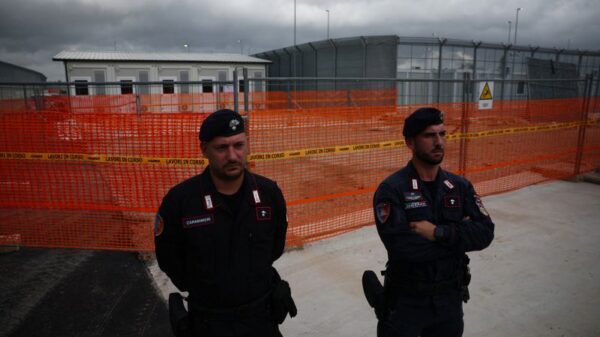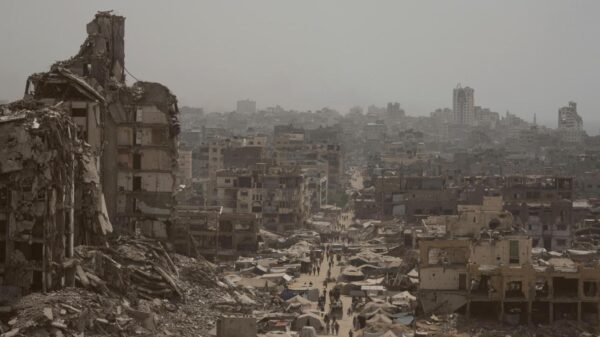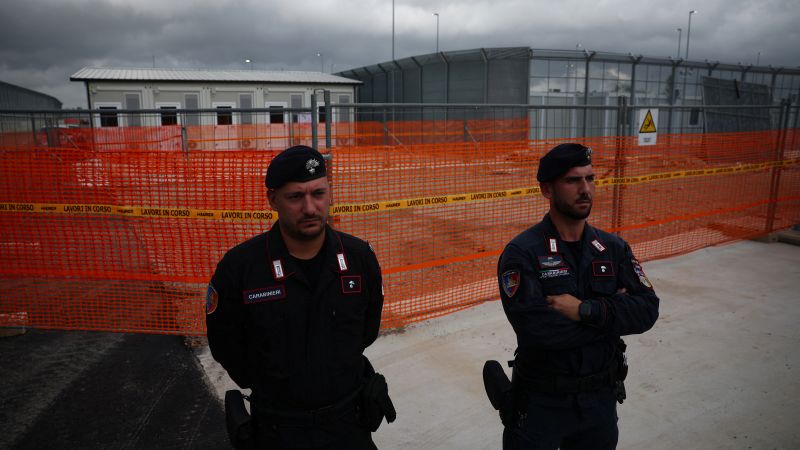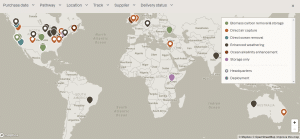European countries aspiring to replicate Italy’s contentious practice of relocating certain asylum seekers to overseas centers have encountered a significant setback following a ruling from the European Court of Justice (ECJ). On October 27, 2023, the court determined that while Italy may continue utilizing its centers in the Albanian cities of Shengjin and Gjakova, there must be stringent assessments to ensure that asylum seekers are not sent back to perilous conditions in their home countries.
The ECJ emphasized that a country of origin can only be considered “safe” if it has undergone “effective judicial review” and is demonstrably safe for all individuals, particularly vulnerable and marginalized groups. This ruling is poised to influence new European Union (EU) asylum regulations, set to take effect in June 2024, which aim to enable member states to formulate their own lists of “safe” countries for expedited asylum processes.
The EU’s preliminary list includes countries like Bangladesh, Colombia, Egypt, India, Kosovo, Morocco, and Tunisia. Human rights advocates, including Amnesty International, have expressed concerns that these nations are not universally safe. In a statement from July, the organization pointed out that the proposed EU list categorizes countries from which 20% or fewer asylum applicants are granted international protection as “safe.” They noted that recognizing up to 20% of applicants as refugees indicates these regions are not secure for everyone.
The ruling stemmed from the cases of two Bangladeshi asylum seekers detained in Albania, who contended that returning to Bangladesh posed a significant threat to their safety. As various European nations express interest in developing deportation strategies similar to Italy’s partnership with Albania, the financial implications of such schemes are under scrutiny. A recent study by the University of Bari revealed that Italy’s initiative has already cost more than €74.2 million (approximately $86 million) and labeled it “the most costly, inhumane, and useless instrument in the history of Italian migration policies.”
Despite these findings, EU officials praised Italy’s landmark agreement in 2023. European Commission President Ursula von der Leyen and former European Council President Charles Michel lauded the initiative, which aimed to streamline the EU’s approach to migration and asylum. The reforms, described as “fair but firm,” are intended to relieve the burden on countries that have historically received the highest numbers of asylum seekers among the EU’s 27 member states.
The future of detention hubs may now be uncertain following the ECJ ruling. Italian Prime Minister Giorgia Meloni criticized the decision for potentially undermining efforts to combat illegal immigration and safeguard national borders. She articulated concern that the ruling reduces the already limited capacity for governments and parliaments to effectively manage migration policies.
As Italy navigates the complexities of its detention centers in Albania, the fates of nearly a dozen individuals from countries deemed safe, including Egypt and Bangladesh, remain precarious. This ongoing situation highlights the broader challenges facing Europe as it grapples with migration and asylum policies in the context of evolving judicial interpretations.






























































